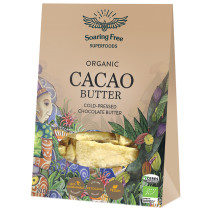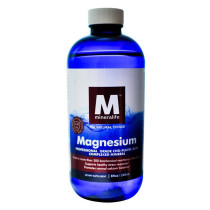Magnesium
mineral
Magnesium
Other Name(s):
Magnesium Amino Acid Chelate; Magnesium Aspartate; Magnesium Citrate; Magnesium Glycinate; Magnesium Lactate; Liposomal Magnesium

Magnesium is most typically gathered from magnesite (MgCO3). Magnesite can be found in mineral deposits beneath the earth but is also the third most abundant mineral found in sea water.
Is Magnesium Faithful to Nature?
Yes.
Magnesium is an essential micronutrient and has many useful applications. It can be sourced and extracted using environmentally friendly processes.
Benefits: Why is Magnesium Used?
Essential Micronutrient
Magnesium is involved in over 300 metabolic processes.
For A Strong Body
Magnesium is important for strong, healthy bones and vital for the proper functioning of muscles.
For A Happy Mind
Magnesium plays an important role in regulating brain function, some studies suggest that it may improve your mood and fight depression.
Stronger Nerves
Magnesium helps regulate the messages nerves are sending throughout the body and thus may help to fight insomnia as well as pains related to migraine and PMS.
Magnesium can be found in mineral and multimineral supplements. It is also available in many foods. Good food sources of magnesium include green leafy vegetables (spinach), nuts (almonds) and whole grains (wheat, oats and barley).
Magnesium is most commonly made using two different processes: thermal reduction of magnesium oxide, and electrolysis of magnesium chloride.
Magnesium sulfate (epsom salt) has been evaluated for safety by the Cosmetics Ingredient Review expert panel. The panel concluded that magnesium sulfate is safe in cosmetics in the present practices of use and concentration. It is used as a bulking ingredient and conditioning agent.
Elemental magnesium is often bonded to amino acids (aspartic acid and glycine) as well as to citric acid. You’ll find these in mineral supplements with names like: Magnesium Amino Acid Chelate; Magnesium Aspartate; Magnesium Citrate; Magnesium Glycinate.
Supplement manufacturers do this because it helps the magnesium to better withstand the acidity of the stomach and pass to the small intestine where it can be absorbed.
More recently, liposomal technology is being used to enhance the absorption rates of magnesium.
Notice: The information provided here is not intended as medical advice and is for educational purposes only.
Products Containing Magnesium
-
sku7394
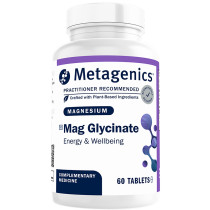
-
sku7402v2
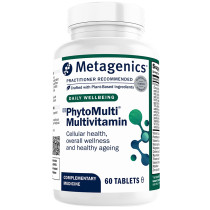
-
sku109680
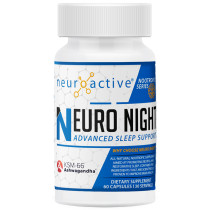
-
sku3222v1
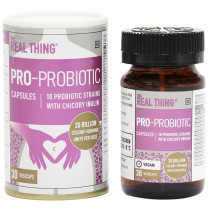
-
sku94483
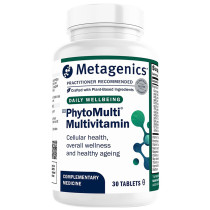
-
sku7400
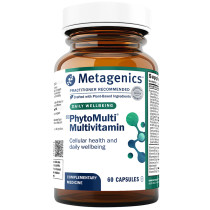
-
sku140214
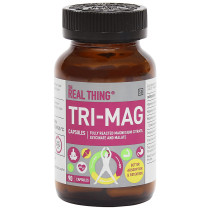
-
sku125284
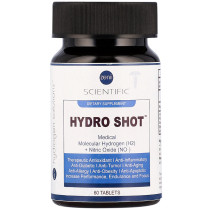
-
sku10056
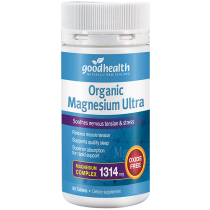
-
sku10794
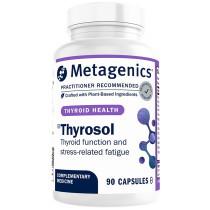
-
sku136538
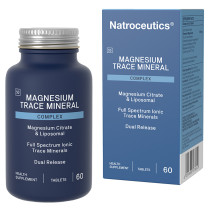
-
sku7388
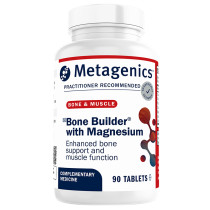
-
sku7393
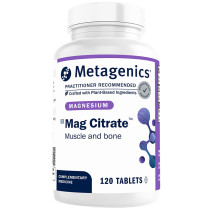
-
sku63135
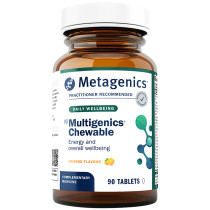
-
sku137093


-
sku6328v1
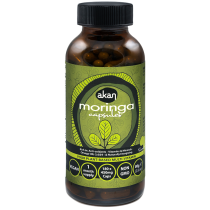
-
sku10598

-
sku82044
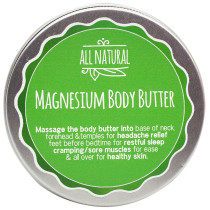
-
sku8592
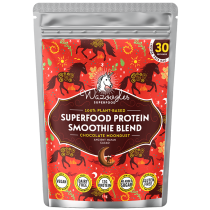
-
sku10085
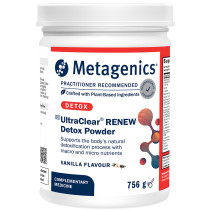
-
sku1187
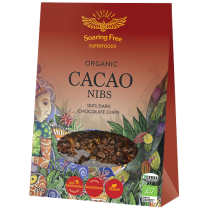
-
sku3546v2

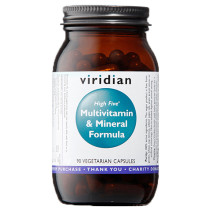
-
sku11562
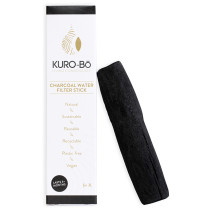
-
sku8577
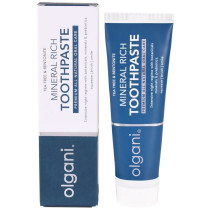
-
sku6643
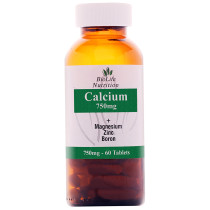
-
sku10058

-
sku61360

-
sku64263
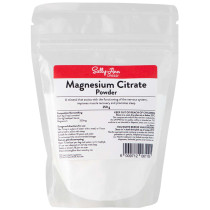
-
sku121309
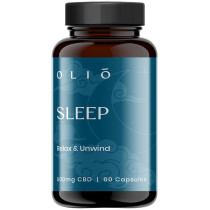
-
sku80073
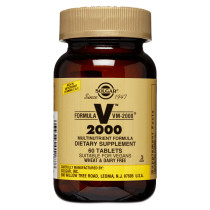
-
sku67408
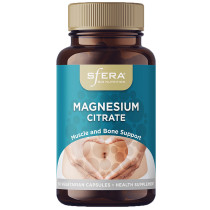
-
sku68556

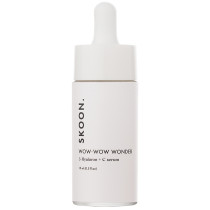
-
sku7370
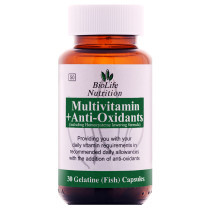
-
sku96083

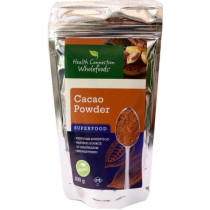
Health Connection Superfood Organic Cacao Pow...
- 200g
Regular Price: R199.00
Special Price R169.15
+
-
-
sku101359
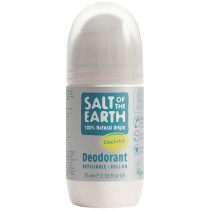
-
sku83724
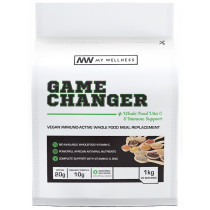
-
sku4464
-
sku93563
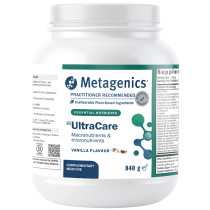
-
sku74966
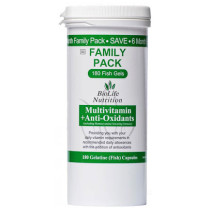
-
sku1436
